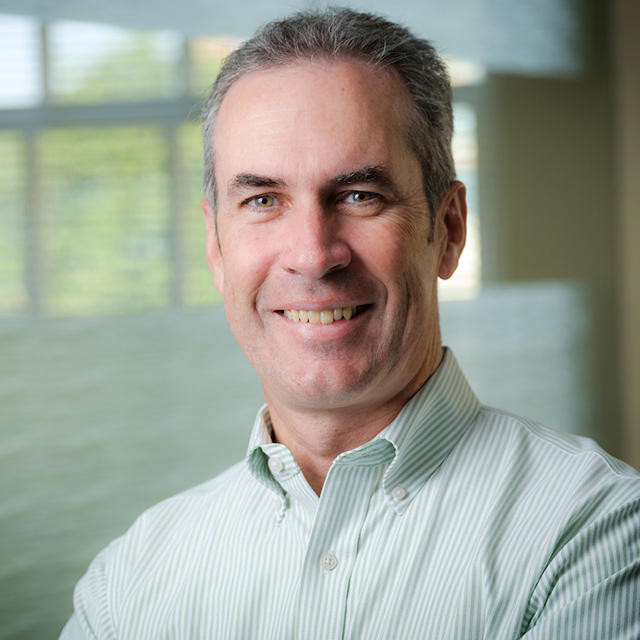Take 5 with Patrick Sullivan
Patrick Sullivan
Director for Strategic Initiatives, Office of Personal & Career Development at Wake Forest University
1. How do you define success for yourself? What has helped you to be successful?
Success, for me, is making a difference in someone’s life – whether that is helping a student identify their career path, a group of kids on a recreation soccer team, or anywhere else. And focusing on their needs – not mine – has helped me to find this kind of success.
2. Think of a time that you faced a challenge, obstacle, or roadblock. How did you get through that and what did you learn?
Like everyone, I’ve had my share of professional challenges. When there has been a particularly difficult challenge, I would have to say that two things have helped me navigate the challenge. First, a willingness to step back and ask myself, “What do I need to change to overcome this challenge?” And second, once I’ve figured out what to change, putting in the work to meet the challenge. It might be easier to walk away from the challenge, but the work ethic that Wake Forest helped instill in me has helped me meet and overcome challenges.
3. Who are your people (either by name or role) who help you to be successful/confident/intentional/reflective/any other descriptor you want to use? And how have they helped you?
One manager and mentor was really, really good at asking questions. Rather than telling me what to do, or what to change, she had a gift for asking questions that made ME think and made ME identify what needed to happen.
4. How did you find your people?
I don’t know if I have a “tribe” exactly – I’m more likely to seek and find people in a variety of different settings. Once I recognize that someone is really good at something – whether it is writing mission statements, planning events, expressing gratitude, or anything else, I try to learn from them. And I don’t have a problem telling them that I think they are exceptionally good at something and I want to learn from them.
5. What advice would you give to Wake Forest students as they look for their people?
I would offer two bits of advice as you look for your people. First, talk to people – really to talk to people. You won’t catch the voice inflection, or they meaningful look if you are just texting and emailing them. Talk to them and get to know their story. And second, be aware that you can find your people anywhere. I work on campus and I firmly believe that I can learn from every person on campus, from the facilities crew to the senior administrators, from the new undergraduate to the faculty member with multiple PhDs.

